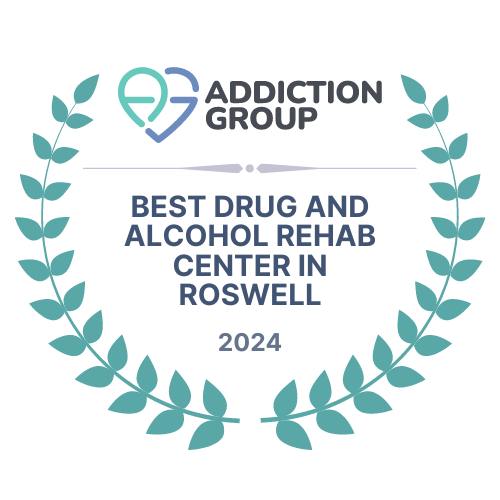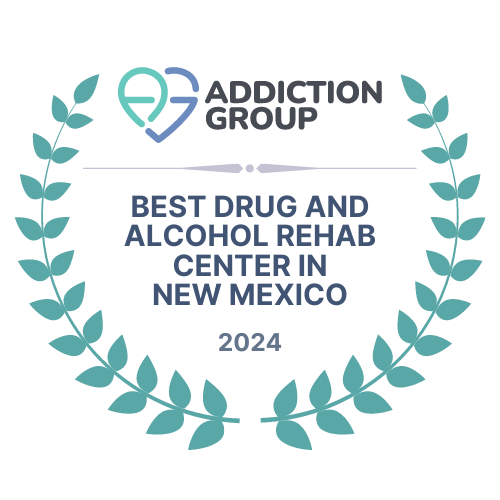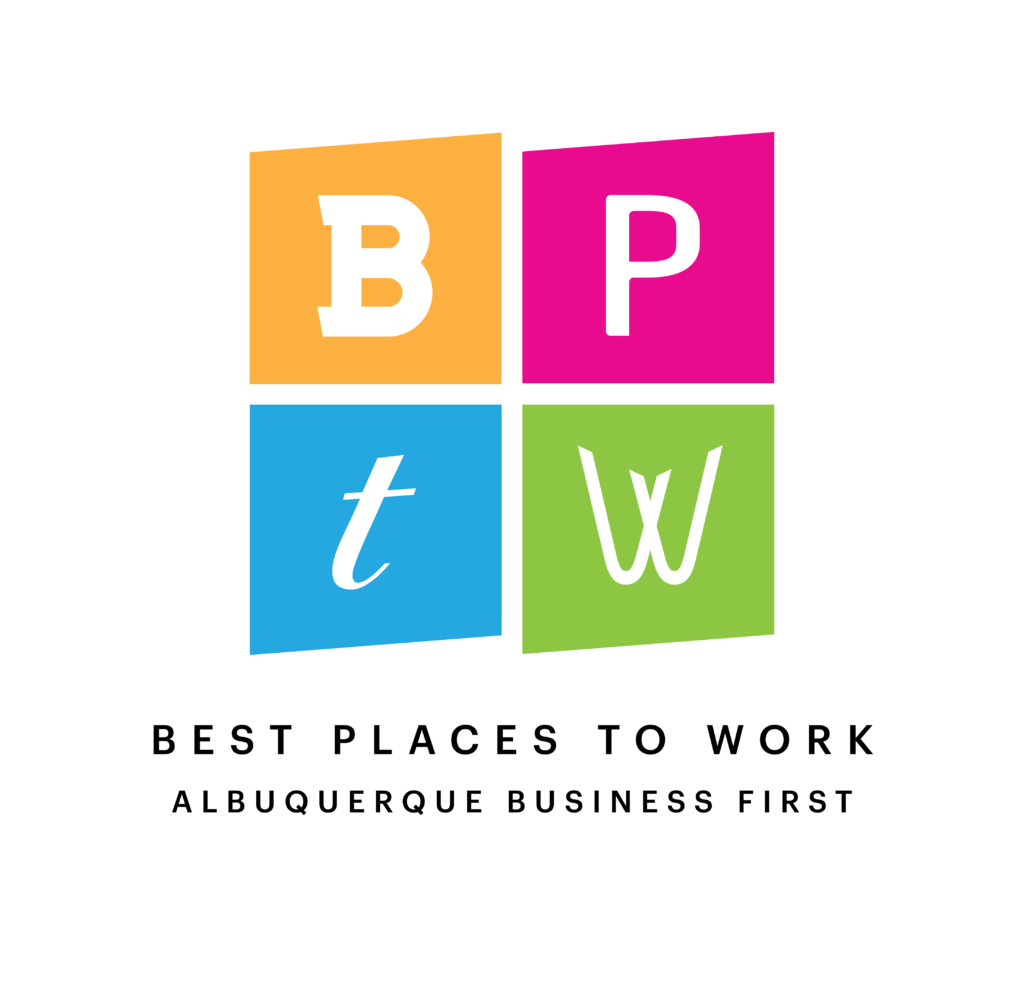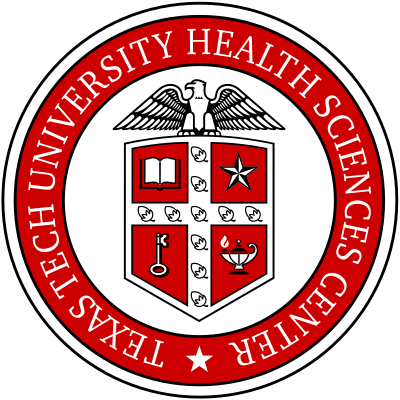The journey to addiction recovery is fraught with challenges, and one of the most significant obstacles is gaining access to effective treatment. Various barriers, including social stigma, financial constraints, and geographical limitations, can impede an individual’s path to recovery. This comprehensive guide explores these barriers and offers strategies to overcome them, ensuring that individuals can access the treatment they need to reclaim their lives.
Understanding the Barriers to Addiction Treatment
Before addressing the strategies to overcome these barriers, it is essential to understand the common obstacles individuals face:
- Social Stigma: The stigma associated with addiction often prevents individuals from seeking help due to fear of judgment and discrimination. This stigma can come from within the community, the workplace, or even from family and friends.
- Financial Constraints: The cost of addiction treatment can be prohibitive for many individuals. Without adequate insurance coverage or financial resources, accessing high-quality care becomes challenging.
- Geographical Limitations: In many regions, particularly rural areas, access to specialized addiction treatment services is limited. This can make it difficult for individuals to find the necessary support and care.
- Lack of Awareness and Education: Many individuals and their families may not be aware of the available treatment options or understand the nature of addiction as a chronic disease.
- Transportation and Childcare Issues: Practical barriers such as lack of transportation or childcare can make it difficult for individuals to attend treatment sessions regularly.
Strategies to Overcome Social Stigma
Combating social stigma is crucial for encouraging individuals to seek help:
- Education and Awareness Campaigns: Public education campaigns can help change perceptions about addiction, highlighting it as a chronic disease rather than a moral failing. These campaigns should focus on sharing personal stories of recovery and providing factual information about addiction and treatment.
- Supportive Language: Encouraging the use of non-stigmatizing language when discussing addiction can make a significant difference. Terms like “person with a substance use disorder” instead of “addict” emphasize the person first, rather than their condition.
- Community Engagement: Involving community leaders and organizations in anti-stigma initiatives can foster a more supportive environment for individuals seeking treatment. Support groups and community events can also provide safe spaces for individuals to share their experiences without fear of judgment.
Addressing Financial Constraints
Financial barriers can be addressed through various strategies:
- Insurance Coverage: Ensuring that insurance policies cover addiction treatment comprehensively is vital. Patients should be encouraged to explore their insurance benefits and seek assistance from treatment centers in navigating insurance claims.
- Sliding Scale Fees: Treatment centers can offer sliding scale fees based on an individual’s income, making treatment more affordable for those with limited financial resources.
- Grants and Scholarships: Many organizations and foundations provide grants and scholarships for addiction treatment. Patients and their families should be informed about these opportunities and guided on how to apply for financial assistance.
- Payment Plans: Flexible payment plans can help individuals manage the cost of treatment over time, reducing the immediate financial burden.
Overcoming Geographical Limitations
Geographical barriers can be mitigated through several approaches:
- Telehealth Services: Telehealth has revolutionized access to addiction treatment, especially in remote areas. Virtual consultations, counseling sessions, and support groups can provide essential care without the need for travel.
- Mobile Clinics: Mobile clinics can bring addiction treatment services to underserved areas, offering on-site medical care, counseling, and medication management.
- Transportation Assistance: Providing transportation assistance or partnering with local transportation services can help individuals attend in-person treatment sessions.
Enhancing Awareness and Education
Raising awareness and educating individuals about addiction and treatment options is crucial:
- Outreach Programs: Community outreach programs can provide information about addiction, treatment options, and available resources. These programs can be conducted through schools, workplaces, and community centers.
- Online Resources: Creating comprehensive online resources that offer information about addiction, treatment options, and support services can help individuals and their families make informed decisions.
- Workshops and Seminars: Hosting workshops and seminars on addiction and recovery can educate the public and reduce misinformation and misconceptions.
Addressing Practical Barriers
Practical barriers such as transportation and childcare need specific solutions:
- Transportation Services: Partnering with local transportation providers or offering transportation vouchers can help individuals attend treatment sessions regularly.
- On-Site Childcare: Providing on-site childcare services at treatment centers can enable parents to participate in treatment without worrying about childcare.
- Flexible Scheduling: Offering flexible scheduling for treatment sessions can accommodate individuals’ work and family commitments, making it easier for them to attend regularly.
Success Stories from Renew Health
At Renew Health, we have successfully implemented strategies to overcome these barriers, ensuring that individuals receive the care they need. For instance, Sarah, a single mother struggling with opioid addiction, faced significant challenges due to childcare and transportation issues. Renew Health provided on-site childcare and transportation assistance, enabling Sarah to attend her treatment sessions consistently. Today, Sarah is in recovery, working towards her goals and providing a better life for her children.
Conclusion
Overcoming barriers to addiction treatment is essential for ensuring that individuals can access the care they need to achieve lasting recovery. At Renew Health, we are committed to addressing these challenges through comprehensive, compassionate, and innovative approaches. If you or a loved one is facing obstacles to accessing addiction treatment, reach out to Renew Health. We are here to support you on your journey to recovery and a healthier, happier life.









